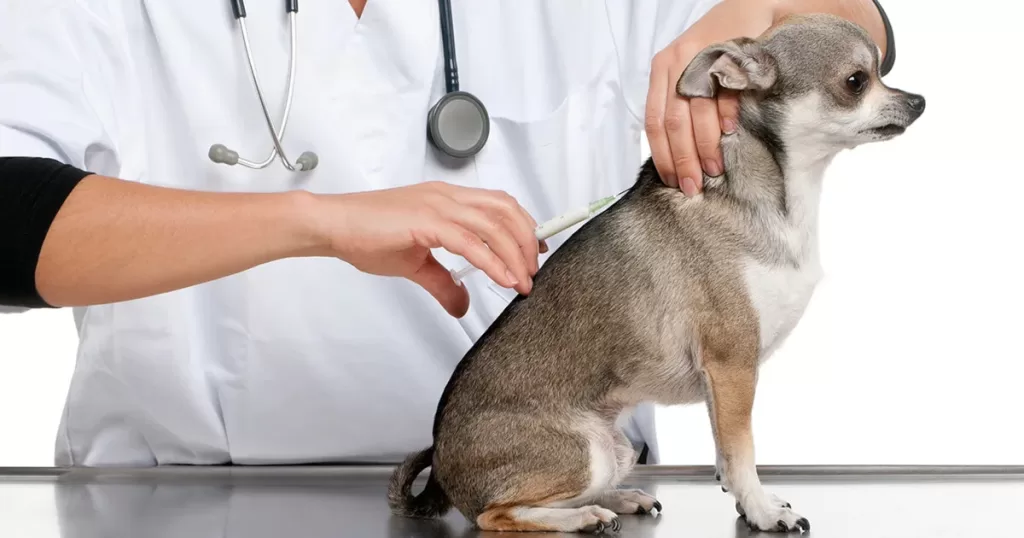Dogs are known to be friendly and loyal companions, but some may have a reaction to the Bordetella vaccine. Some people believe that this is because of the genetic makeup of dogs, while others believe that it is just a coincidence. Either way, it’s important to be aware of potential cross-reactivity and consult with your veterinarian if your dog has any symptoms.
If your dog has a very social lifestyle, they are at a higher risk of catching bordetella (also called kennel cough). This virus is highly contagious and can cause respiratory illness in dogs. If you have concerns about your pup being around other dogs or people, make sure to keep them isolated from those who might be exposed to the virus.
Why Vaccinate Your Dog against Bordetella?
Vaccination against Bordetella is one of the most common and effective ways to protect your dog against Bordetella pneumonia, a highly contagious respiratory infection. The vaccine is available in both animal and human formulations and is typically given to puppies and dogs between 6-12 weeks old. If your dog has been vaccinated, it should remain immunity-free until they are at least six months old.
In dogs, the mortality rate from Bordetella pertussis can be high, so it is important to vaccinate your dog against this illness. There are several different types of Bordetella vaccine available, and each offers its own benefits and drawbacks.
Also Read: Why Is My Dog’s Poop White? Things To Consider Before It Gets Serious
The recommended Bordetella vaccine for dogs is the canine T4 vaccine. However, if you intend to enroll your dog in any kind of program outside the home or to be a regular at dog parks, then you should also consider getting a rabies vaccine too.
How Often do Dogs Need the Bordetella Shot?
Dogs need the Bordetella shot every six to twelve months, according to some veterinarians. If your dog has not been getting the Bordetella shot, it may be because you are not giving him enough of the vaccine. The Bordetella vaccine is a preventative measure against some types of canine heartworm.
The Side Effects of the Bordetella Vaccine in Dogs
Dogs are known to be susceptible to Bordetella pertussis (Bordetella), a respiratory pathogen that causes a variety of diseases in humans. To date, there is no effective vaccine available for Dogs against Bordetella pertussis, and as a result, many dogs are infected with the disease and develop various symptoms, including Lethargy, Lumps & Bumps.
Some dogs experience an asymptomatic infection; however, others experience severe diseases such as pneumonia or even death. The side effects of the Bordetella vaccine in Dogs can be significant and range from mild to life-threatening.
How do dogs respond to the Bordetella vaccine?
Dogs are vaccinated against Bordetella pneumonia, a respiratory infection that can cause severe respiratory illness in dogs. In some cases, the vaccine may also help to prevent other types of respiratory infections. Some dogs who have been vaccinated may develop a Flare-Up reaction after receiving the vaccine. This is a brief response to immune system stimulation and can be very short-lived but can be very uncomfortable for your dog.

